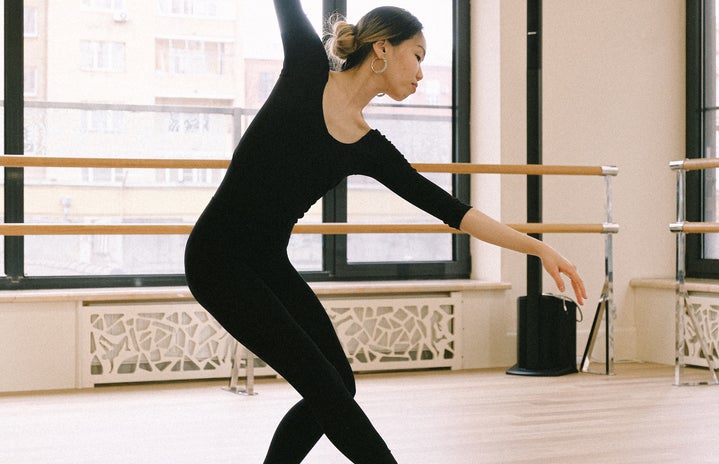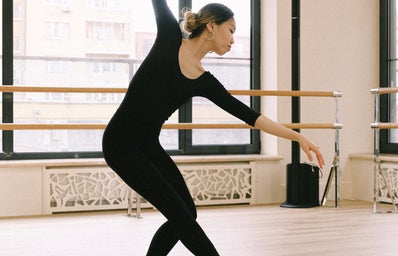Reality television show Dancing with the Stars has stood the test of time. Airing since 2005 for 33 seasons, Dancing with the Stars brings celebrities out of their element and onto the dance floor.
Celebrities of all kinds partner with dance professionals to compete for the Mirrorball Trophy. While Dancing with the Stars (DWTS) is likely considered one of the lighter, less dramatic reality TV shows, it has faced some backlash regarding the casting of some problematic “celebrities.”
DWTS provides such celebrities with a platform to rebrand themselves and change their image. But, does this enable toxic people to avoid accountability? Is this platform centered on dancing an excuse for problematic people to gaslight viewers to believe they’ve changed?
DWTS is currently airing its 33rd season. Perhaps one of their most shocking casting decisions, “con artist” Anna Delvey hit the dance floor this season. She, however, was one of the first to be sent home per low judge scores and fan votes. Delvey spent 4 years in prison for attempted grand larceny, larceny in the second degree, and theft of services.
When Delvey was asked by host Julianne Hough what she was going to take away from being on the show, she simply said, “Nothing.”
With a response like that, Delvey makes herself a prime example of an undeserving castmate who disrespects the art of dance, the mastery of producing a show like DWTS, and her fellow castmates, especially her partner Ezra Sosa.
In the case of Delvey, the decision to cast her as a “celebrity” on DWTS was a mistake, to say the least. Importantly, as we approach Election Day, romanticizing a shameless criminal is dangerous.
Another questionable casting decision was Harry Jowsey on season 32 of DWTS. Jowsey is an influencer at best – he rose to fame from the Netflix show Too Hot to Handle. To me, he proved to be toxic and treated women with minimal to no respect and seemingly used the DWTS platform to charm his partner, Rylee Arnold. Batting his eyelashes through every dance to get votes, Jowsey outwardly made a mockery of what the term “celebrity” means and the effort that true dancers exert.
Professional basketball player Dwight Howard was cast for the current season despite rumors and lawsuits surfacing. The lawsuit accused Howard of sexual assault, but has since been dismissed.
Importantly, Howard has remained gracious throughout the season – he has successfully contributed to creating a new image for himself.
The casting decision to bring on Howard was inspiring. Despite past troubles, Howard was able to positively represent himself and take ample advantage of a respectable opportunity like being on DWTS.
However, decisions to bring on Delvey and Jowsey seem centered in greed for viewership. Those treacherous decisions promote toxic behavior and the romanticism of such behavior. Dancing with the Stars is a positive, art-embracing, simply fun reality television show. But, I encourage casting of celebrities who value the art the show embraces and promote positive rebranding, rather than perceived manipulative charm centered on viewership.


